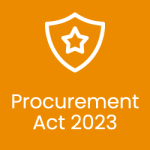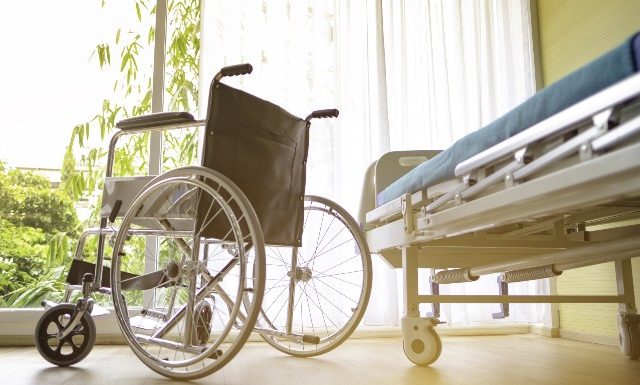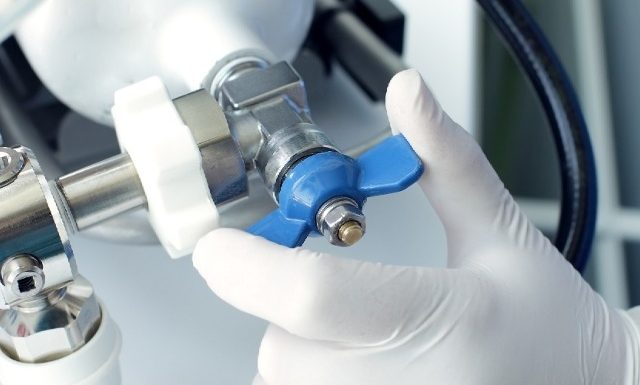One in five people in England live with a respiratory disease, making it one of the most pressing public health challenges today, and ranking as the third leading cause of death, following cancer and cardiovascular diseases.
Lung conditions such as sleep apnoea, asthma, and COPD cost the NHS around £11 billion each year. Hospital admissions for respiratory issues are increasing three times faster than other conditions, intensifying winter pressures across the health system.
Our Respiratory Therapy Solutions Framework Agreement supports remote monitoring and home resupply services, streamlining supply chains and easing pressure on NHS sleep therapy clinics. It aligns with the NHS 10-Year Health Plan, NHS England’s guidance on “keeping patients at home,” addressing a priority highlighted in the Lord Darzi report. It also enables wider public sector organisations, including care homes, schools, councils, and emergency services, to access essential respiratory equipment to enable continuity of care.
By enabling rapid delivery of equipment and consumables to patients’ homes, the framework agreement helps reduce backlogs, supports high-demand areas, and empowers patients to manage their conditions – ultimately preventing avoidable hospital admissions.
Framework Agreement Information
The Respiratory Therapy Framework Agreement supports the demand for respiratory services, equipment and consumables. Suppliers offer the tangible goods in addition to the supporting services to provide a solution that ensures patients can remain at home and be supported within their communities.
What dates is the framework agreement active?
18 November 2025 – 17 November 2033
(Re-opening for new suppliers at years three and five)
Who can take advantage of the framework agreement?
All NHS and wider public sector organisations across the United Kingdom
How was the framework agreement procured?

Further competition and direct award
There are two procurement routes for an approved organisation that wishes to use this framework agreement. A competitive process between the suppliers in the relevant Lot, which may be preceded by a capability assessment, or an award without a competitive process to particular supplier(s)
A competitive selection process is the default ordering procedure under this framework agreement.
How we can support?
We offer different levels of support, including SME advice and robust templates for you to easily run your own process, or additional support to design and run a further competition on your behalf.
How can I access the framework agreement?
Access framework agreement documentation via our Customer Framework Agreement Portal (CFAP)
The framework agreement has been structured into the following lots:
What are the benefits of using this framework agreement?
SUPPORTS REMOTE MONITORING
This framework agreement aligns with the Darzi reports tilt towards technology by including advanced remote monitoring technologies enabling real-time tracking of patient health metrics, allowing healthcare providers to quickly respond to any changes in patient conditions.
SHIFTS CARE TO THE COMMUNITY
Aligns with the NHS 10-Year Health Plan and NHS England’s guidance on “keeping patients at home”, shifting care from the hospital to community, reducing pressures on NHS sleep therapy and monitoring clinics and departments.
RAPID DELIVERY
Facilitates the rapid dispatch of equipment and consumables directly to patients’ homes, helping to address backlogs, reduce customer inventory costs and support areas experiencing high patient volumes.
ALIGNS WITH THE NHS 10-YEAR PLAN
Aligning with NHS England’s 10-Year Plan, innovation is fostered within this framework agreement, with suppliers encouraged to add new equipment and solutions throughout the lifetime of the framework agreement. Unprecedented innovations will also benefit from Senior Clinical Advisor review, providing customers with confidence in new offerings.
OPEN FRAMEWORK AGREEMENT
Awarded as an open framework agreement under the Procurement Act 2023, reopening at years 3 and 5, it provides savings by encouraging supplier pricing to reflect current market conditions, not long term forecasts, and encourages market competition capturing opportunities for innovation. This ensures that the framework can evolve and align with NHS needs and priorities.
ENVIRONMENTAL IMPACTS
Environmental impacts have been considered and suppliers awarded to this framework agreement were assessed on their supply chain and product lifecycle, in addition to providing a carbon reduction plan. Environmental benefits of this framework agreement also include a reduction of CO2 emissions through a shortened supply chain, thus aligning with NHS net zero ambitions.
Supplier Details
Find out what the press had to say about the framework agreement
Healthcare Management Magazine
Framework launched to help respiratory patients stay well at home
Health Business
NHS SBS launches Respiratory Therapy Solutions framework
Open Access Government
New Respiratory Therapy Solutions framework helps patients stay well at home this winter
Strategic Procurement Support
If this framework agreement doesn’t cover the goods or services you require, or a framework agreement isn’t the optimal route to market for your needs, we can provide tailored strategic procurement support. Find out more here.



